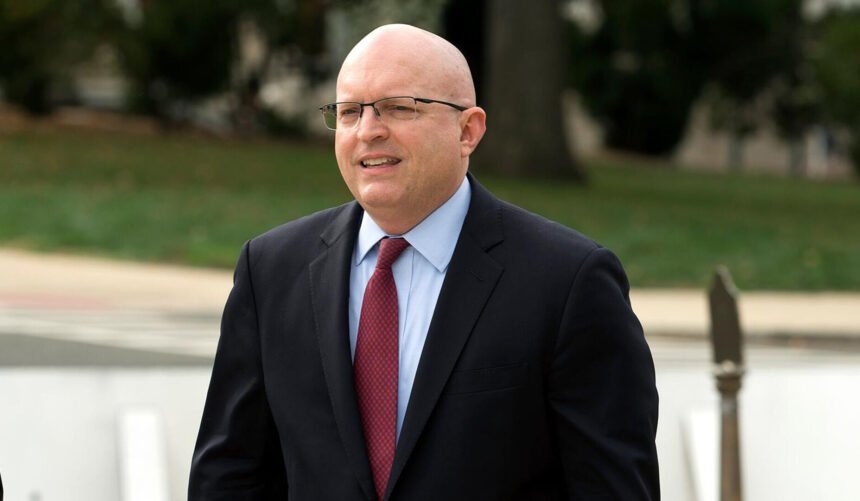Former U.S. Deputy Assistant Secretary of State Philip Reeker spoke today at the “Pupin Forum” held in Belgrade, addressing U.S. policy toward Europe and the Western Balkans in light of a potential second term for Donald Trump in the White House.
Reeker said that 2025 is a year of transition, and Washington will no longer engage with the Western Balkans the way it did in the 1990s, when the region was at the center of American foreign policy.
He emphasized that this new phase, beginning in 2025, should be understood as a period of strategic reorientation for the United States.
“You will not see the U.S. directly engaged in the region as it has been over the past 30 years,” Reeker stated, as reported by Rks News.
According to Reeker, the shift in U.S. focus is comparable to past turning points in history:
“2025 looks a lot like 1999. Some even say it resembles 1973 in terms of how the U.S. views the world. And you will not see the U.S. engaged in the region as it was for the past three decades,” he said.
Reeker, who is currently based in Washington D.C., said that based on his contacts within the State Department and broader U.S. administration, neither Europe nor the Balkans are strategic priorities.
“I’m based in Washington and have contacts inside the State Department, the administration, and outside of it. They are not focused on Europe, they are not focused on the Balkans. That doesn’t mean there won’t be any engagement, or that embassies and diplomats won’t continue working on diplomacy and economic affairs,” he explained.
Reeker’s remarks signal a potential decline in high-level U.S. involvement in the Western Balkans, at a time when regional challenges and EU integration aspirations remain unresolved.







